People protest, groups slam 'repressive' climate as Bahrain holds election
Bahrainis stage demonstrations and rights groups denounce a “repressive climate” as the US-allied Persian Gulf state holds parliament elections after dissolving main opposition groups and cracking down on dissent.
Demonstrators took to the streets in the coastal village of Dumistan overnight, carrying pictures of Bahrain's most prominent cleric Ayatollah Sheikh Isa Qassim, imprisoned political dissidents as well as those killed at the hands of regime forces.
They expressed solidarity with political prisoners and jailed activists, called on people from all walks of the society to stay away from the polls during November 12 elections.
The protesters also called for an end to human rights violations and the release of political detainees.
Elsewhere in the northern villages of Abu Saiba and Shakhura, groups of demonstrators called for an election boycott, a comprehensive political solution amid the Manama regime’s crackdown on dissent, and demanded a transition from the monarchy to the rule of the people, by the people, and for the people, and a new constitution.
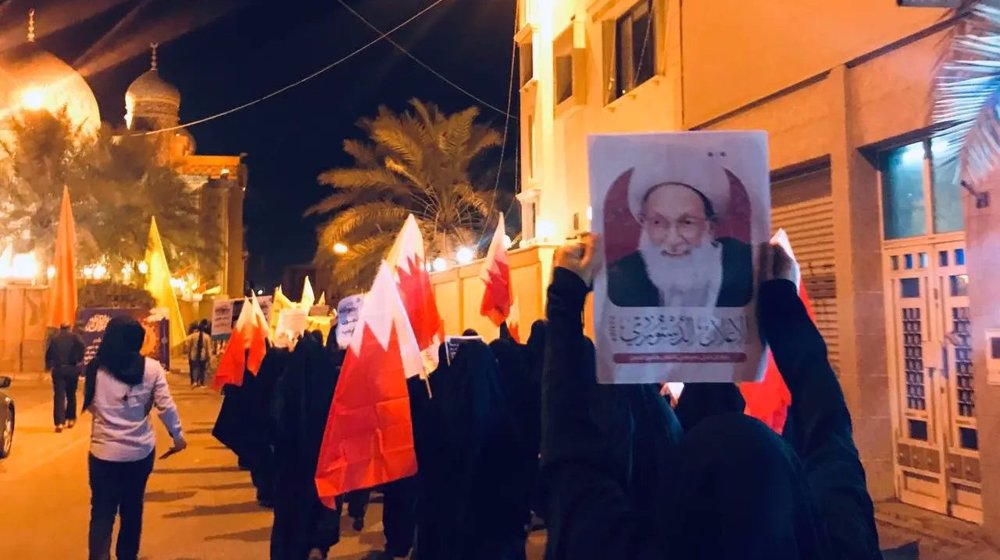
A similar rally was staged in al-Muthallath al-Samoud region as well, where participants demanded boycott of the November 12 parliamentary elections and a new constitution.
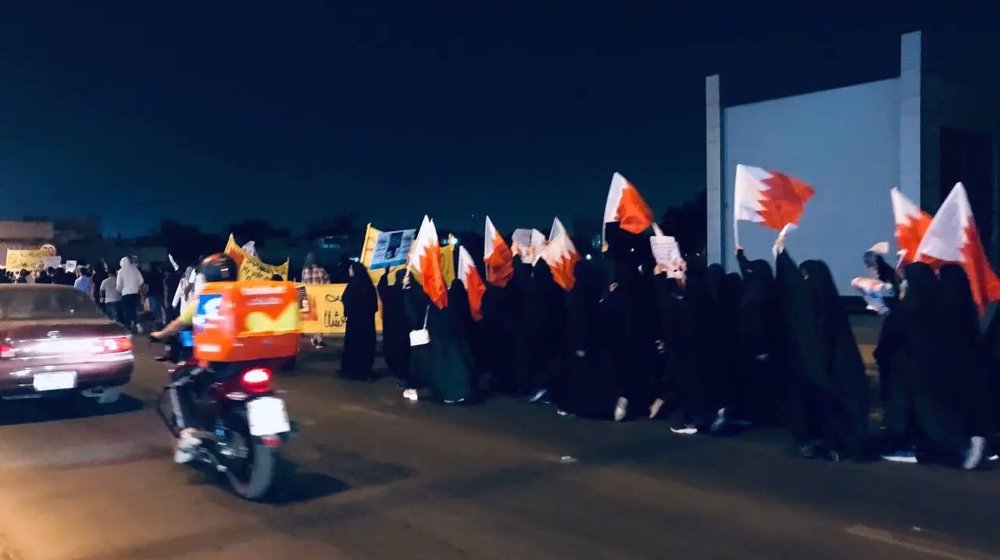
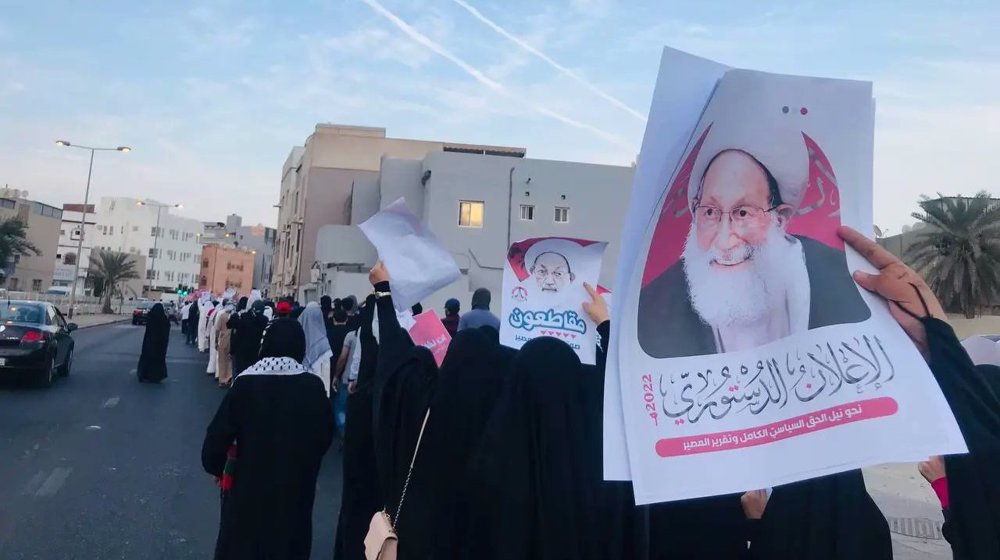
Earlier, Sheikh Qassim reiterated the call to boycott parliamentary elections, saying participation in the elections amounts to betrayal.
Read more:
“The responsibility of Bahrainis is to boycott the election, and participation in it is a betrayal,” he said in a televised address broadcast live on Friday on several Arabic-language television networks.
The distinguished Shia cleric noted that the Bahraini parliament acts in favor of the monarch and to the detriment of the Bahraini nation.
Bahrain’s main opposition group al-Wefaq National Islamic Society, in a statement released on September 14, described the boycott of November 12 polls as a national duty, emphasizing that the ruling Manama regime maintains absolute control over the electoral process and seeks to install a weak legislature, whose main task would be to burnish the image of the corrupt Al Khalifah dynasty and cover up its human rights abuses.
Read more:
It added that the constitutional and political rift between the Bahraini regime and the nation is deepening day by day, the main reason for which, it said, is the lack of any social agreement between the two sides.
In the absence of a real administration, the Al Khalifah regime continues its authoritarian rule by imposing its political, economic, security and social wills on the Bahraini nation, Wefaq said.
Bahrainis on Saturday voted in parliamentary elections held in an environment rights groups described as "political repression" since the Persian Gulf Arab state has dissolved the main opposition groups and cracked down on dissent.
Just over 500 candidates were running for 40 parliamentary and 30 municipal seats, authorities said.
Parliament consists of the elected Council of Representatives and the Shura Council, whose 40 members are appointed by the king.
The regime said 344,713 voters were eligible to vote, down from 365,467 in the last polls in 2018.
London-based Bahrain Institute for Rights and Democracy, describing the vote as a "sham", said legislation on voter inclusion appeared to target individuals who had boycotted earlier polls.
“This election will not introduce any change,” Ali Abdulemam, a Britain-based Bahraini human rights activist, said. “Without the opposition we will not have a healthy country,” he told AFP.
Read more:
The restrictions have ignited calls for a boycott of Saturday's elections which come more than a decade after the 2011 popular uprising.
Since then, authorities have imprisoned hundreds of dissidents – including Wefaq's leader Sheikh Ali Salman – and stripped many of their citizenship.
International human rights organizations have argued that the vote is being held in an “environment of political repression.”
Citing Bahraini civil society figures, the rights groups said the retroactive bans have affected between 6,000 and 11,000 Bahraini citizens.
The elections “offer little hope for any freer and fairer outcomes,” they said.
Many Bahraini Shias complain of facing discrimination in areas such as jobs and government services in the nation of 1.5 million.
A small oil producer that is home to the US Navy's Fifth Fleet, Bahrain is one of the most indebted states in the Persian Gulf.
It was bailed out in 2018 by wealthy neighbors with an aid package of $10 billion tied to reforms aimed at attaining fiscal balance by 2024.
Majority of Americans oppose war on Venezuela
Missiles with strike radius beyond Persian Gulf length used in IRGC drill: Parl. speaker
US National Security Strategy is written for Israel: Tehran
VIDEO | Press TV's news headlines
How Lebanese Shiites welcomed Pope Leo XIV in a powerful display of national unity
Iran parliament speaker warns GCC states over repeated island claims
Kremlin welcomes US removal of Russia as ‘direct threat’ from National Security Strategy
Zelensky had ‘difficult’ talk with Americans about territorial issues: Report


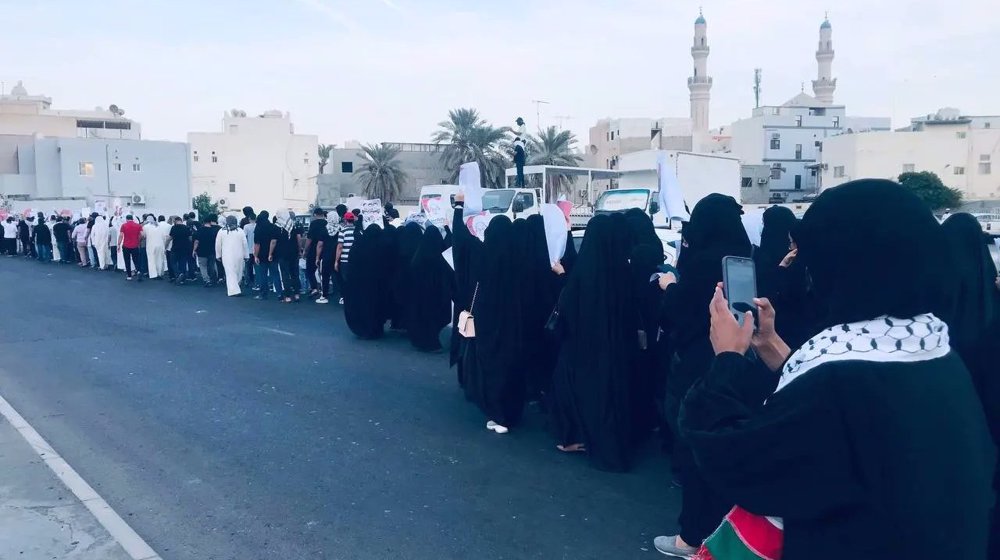
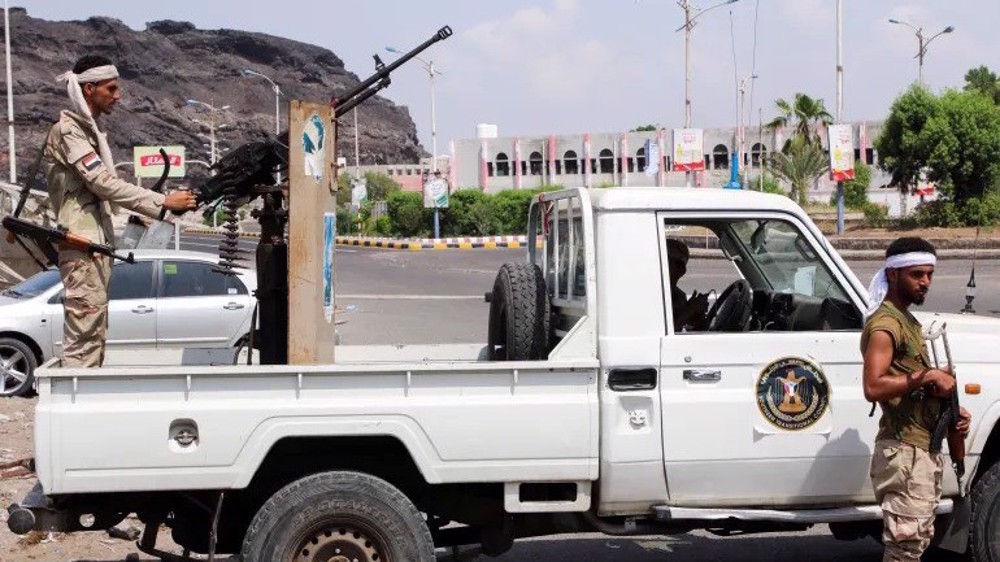
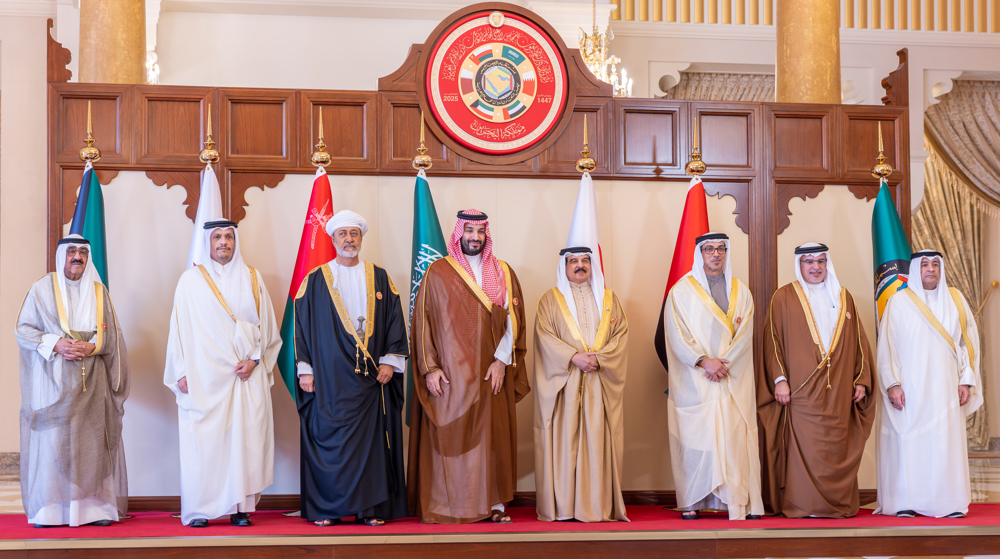
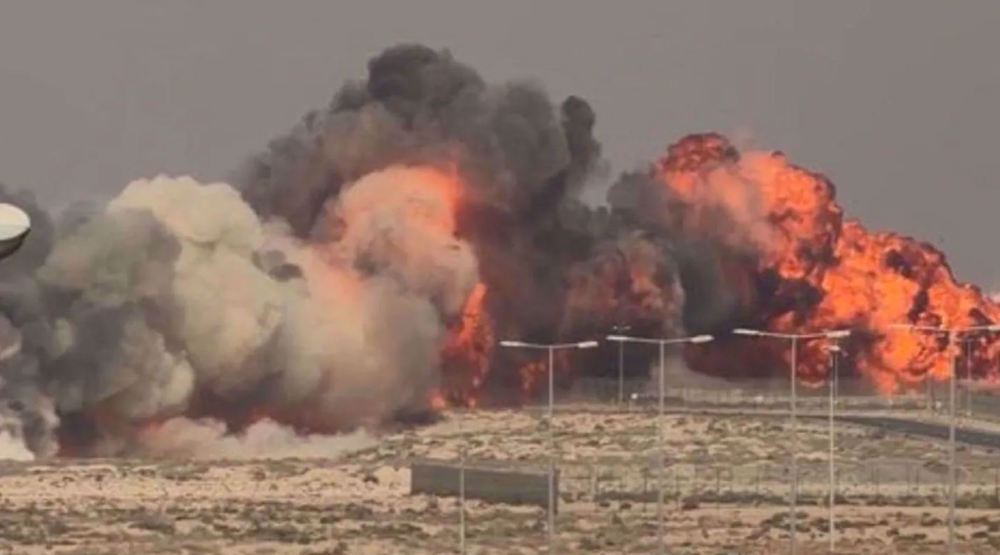



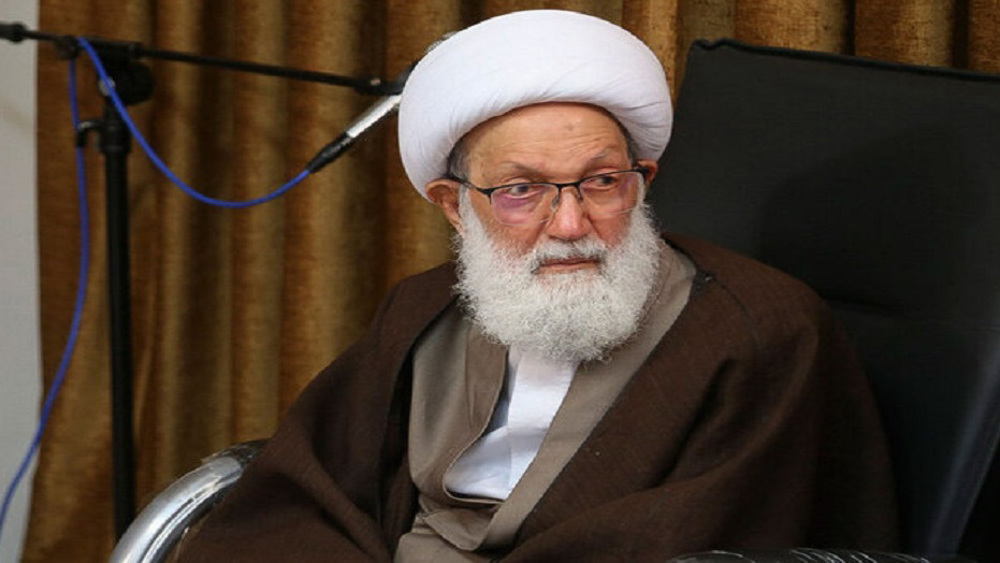
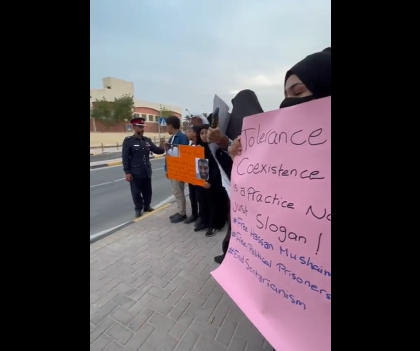
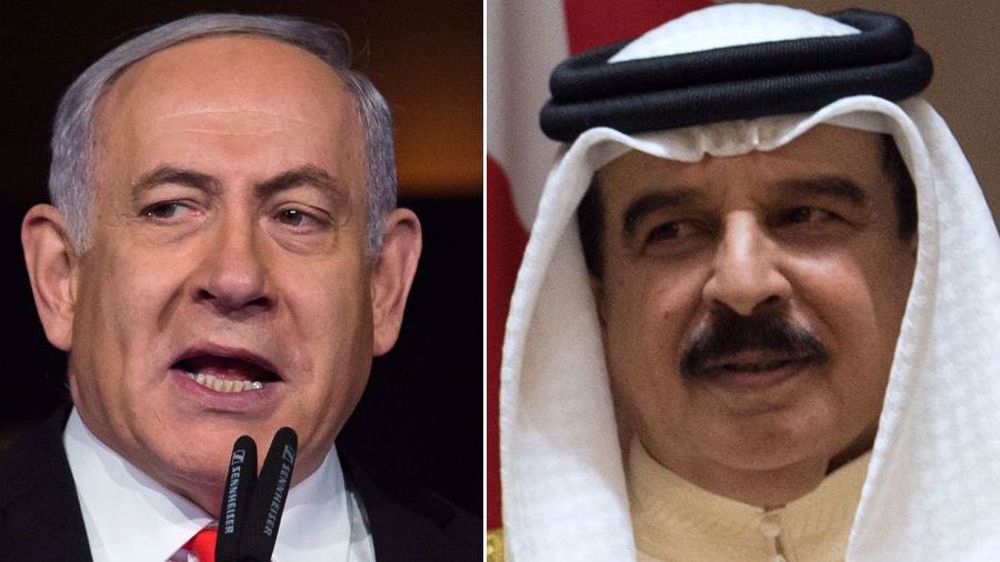
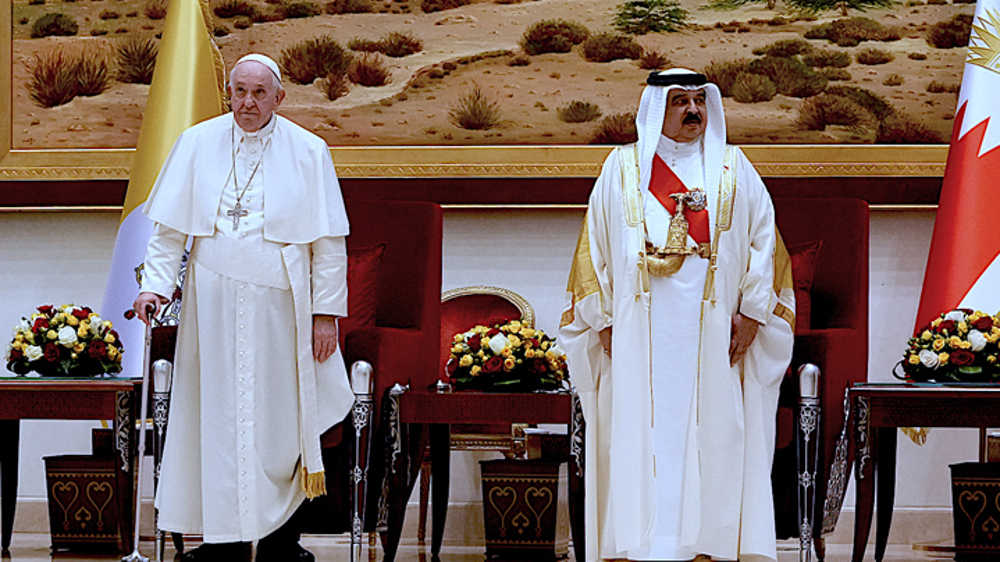
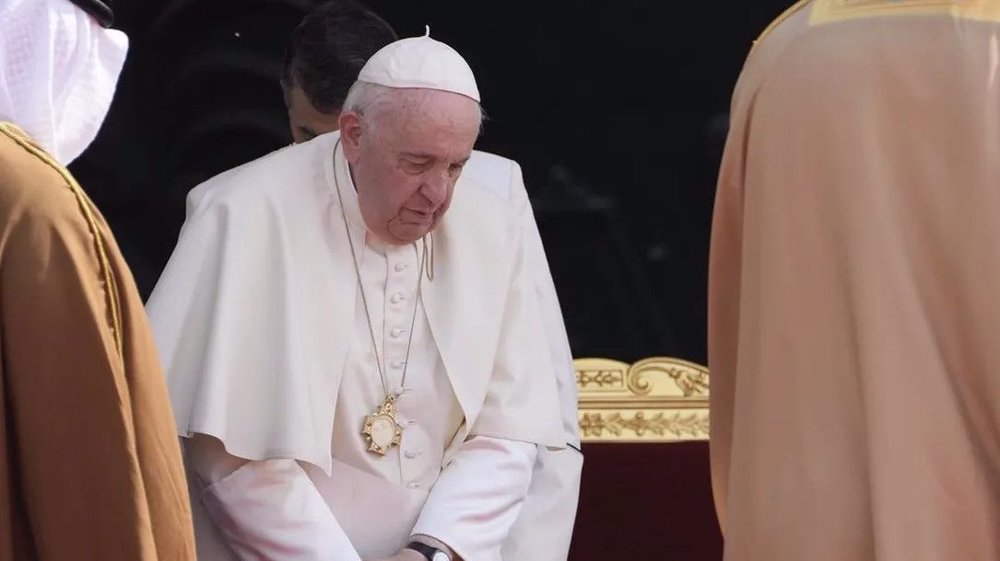
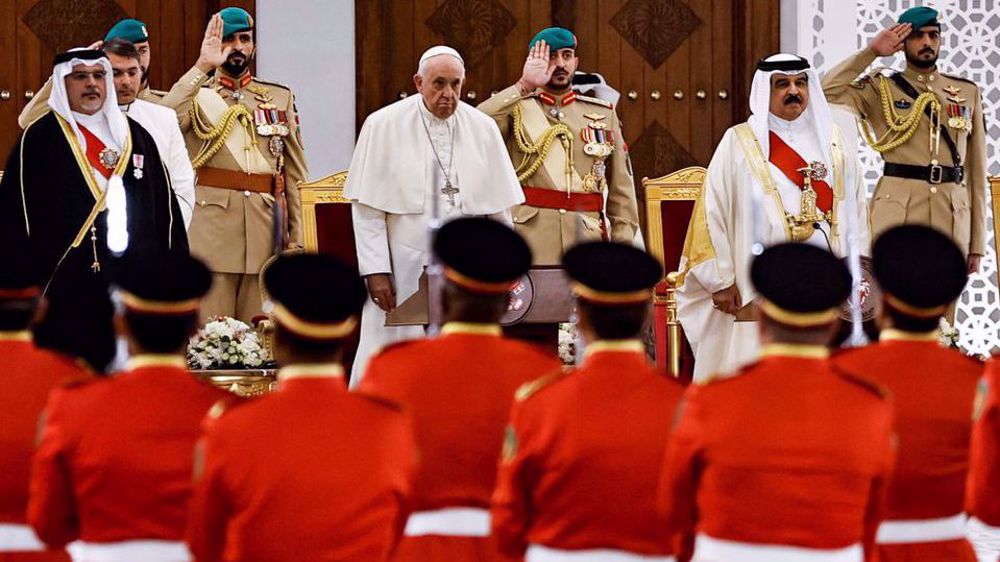
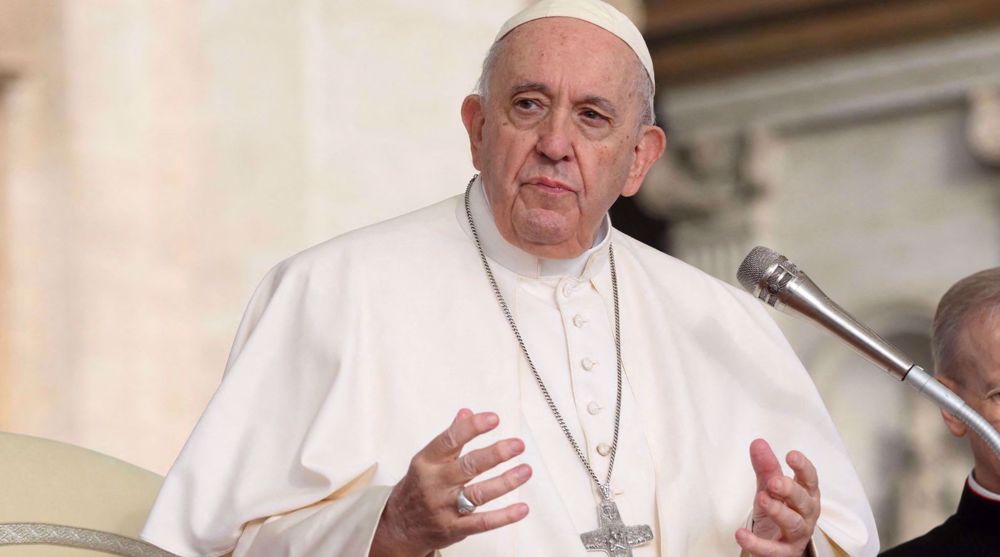
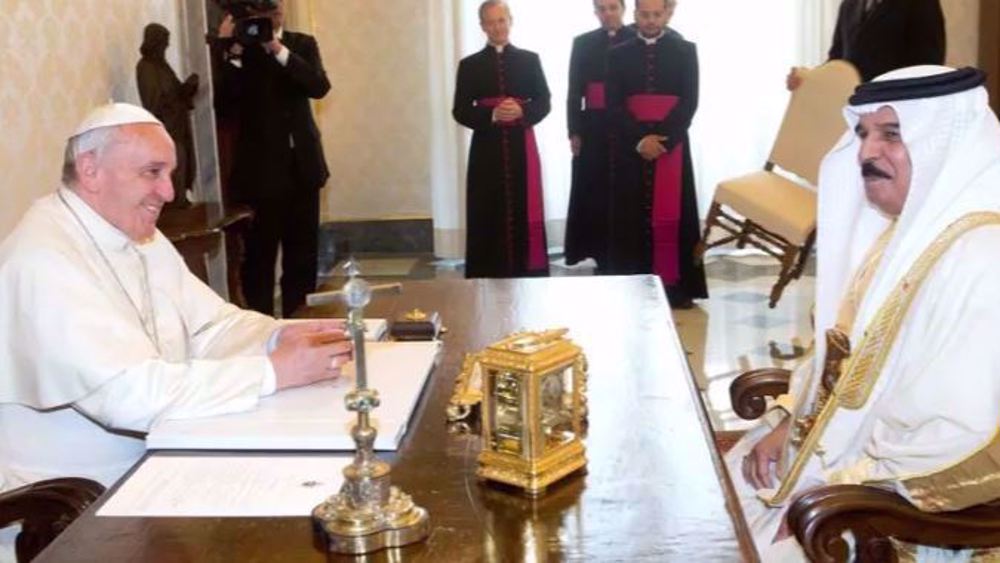
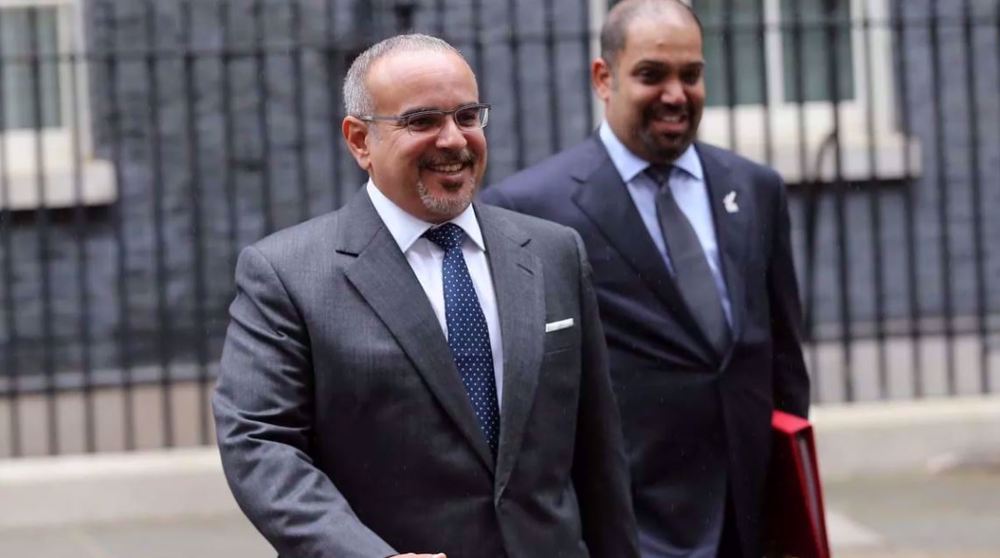
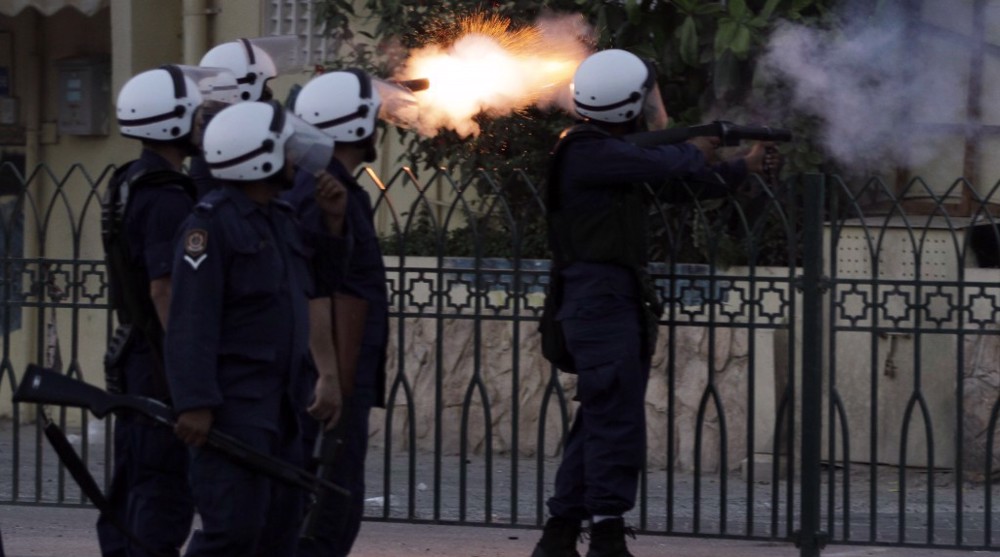

 This makes it easy to access the Press TV website
This makes it easy to access the Press TV website